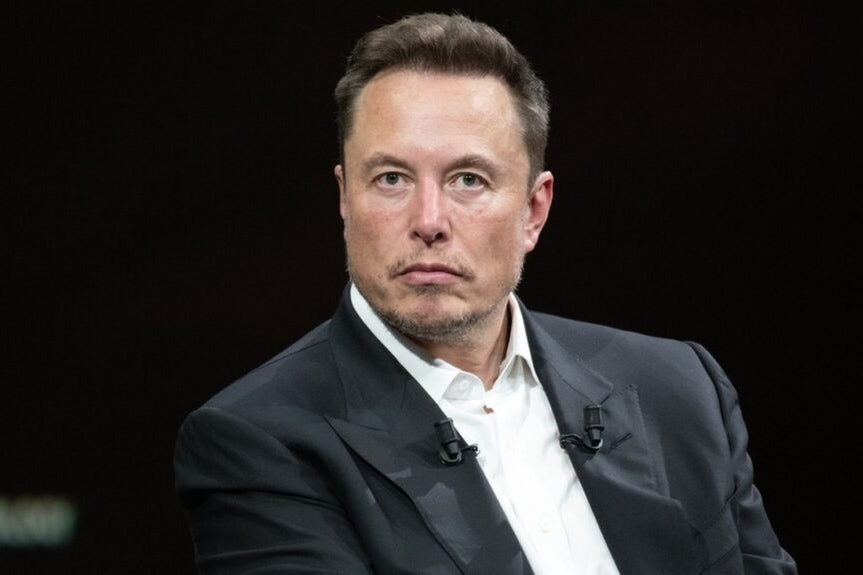Navarro Defends Trump Amid Musk’s Tariff Critique: A Clash of Interests
Former Trump advisor Peter Navarro has publicly rebuked Elon Musk’s criticism of tariffs, accusing the Tesla CEO of prioritizing his corporate interests over national economic strategy. The heated exchange, which unfolded on social media this week, underscores deepening divisions between political and business leaders over trade policy. Navarro defended Trump’s protectionist approach, while Musk warned tariffs could harm the electric vehicle industry.
The Tariff Debate Reignites
The confrontation began when Musk responded to a Wall Street Journal report about potential 60% tariffs on Chinese vehicles under a second Trump administration. “Tariffs distort markets and ultimately hurt consumers,” Musk posted on X (formerly Twitter). Within hours, Navarro fired back: “Elon’s concern isn’t America’s workers—it’s his Shanghai factory’s bottom line.”
This isn’t the first clash between the two prominent figures:
- In 2018, Musk called Trump’s steel tariffs “morally wrong”
- Navarro has repeatedly criticized tech companies for their China ties
- The debate reflects broader tensions in U.S. manufacturing policy
Economic Stakes and Conflicting Data
Recent studies reveal the complexity of tariff impacts. A 2023 Peterson Institute analysis found:
- Trump’s 2018-2019 tariffs cost U.S. consumers $51 billion annually
- They protected approximately 200,000 manufacturing jobs
- Retaliatory tariffs reduced U.S. agricultural exports by $27 billion
“The data shows tariffs are a blunt instrument,” says Dr. Linda Chen, trade economist at Georgetown University. “They achieve some political objectives but often at disproportionate economic cost.”
Navarro counters such analysis, citing Department of Commerce figures showing a 7.5% increase in U.S. manufacturing output during Trump’s term. “Strategic tariffs work when paired with tax cuts and deregulation,” he asserted in a recent interview.
Corporate Interests vs. Political Strategy
Musk’s position reflects automakers’ growing reliance on global supply chains. Tesla’s Shanghai Gigafactory produces over half its global vehicles, and Chinese components comprise 40% of U.S.-built electric cars. “No major manufacturer can ignore China’s role in EV production,” notes auto industry analyst Mark Fields.
However, Navarro and Trump allies argue this dependence creates vulnerabilities. “We’re seeing corporate America prioritize short-term profits over long-term national security,” contends Michael Pillsbury, a China scholar at the Hudson Institute. “The tariff debate is really about who controls economic policy—elected leaders or multinational CEOs.”
Broader Implications for U.S. Trade Policy
The Navarro-Musk exchange comes as both parties refine their 2024 trade platforms:
- Trump proposes across-the-board tariffs, potentially exceeding 10%
- The Biden administration maintains targeted tariffs while boosting domestic subsidies
- Congress weighs new legislation on “economic patriotism” requirements
Trade experts warn the stakes extend beyond automotive. “This isn’t just about cars,” explains former USTR official Stephen Olson. “It’s about whether America leads in next-gen technologies or cedes ground to China.” Semiconductor and clean energy industries face similar dilemmas.
What Comes Next in the Tariff Wars?
With the election approaching, analysts predict intensified debate over trade policy’s proper role. The Commerce Department will release new guidelines on “strategic industries” next month, while Tesla faces growing scrutiny over its China operations.
For voters, the choice may come down to priorities: consumer prices versus job creation, global integration versus economic sovereignty. As Navarro bluntly stated: “America first doesn’t mean Tesla first.” Musk’s response—that “protectionism risks technological stagnation”—frames what’s likely to remain a defining policy clash.
Want to stay updated on this developing story? Subscribe to our newsletter for expert analysis on the intersection of politics and business.
See more BBC Express News

